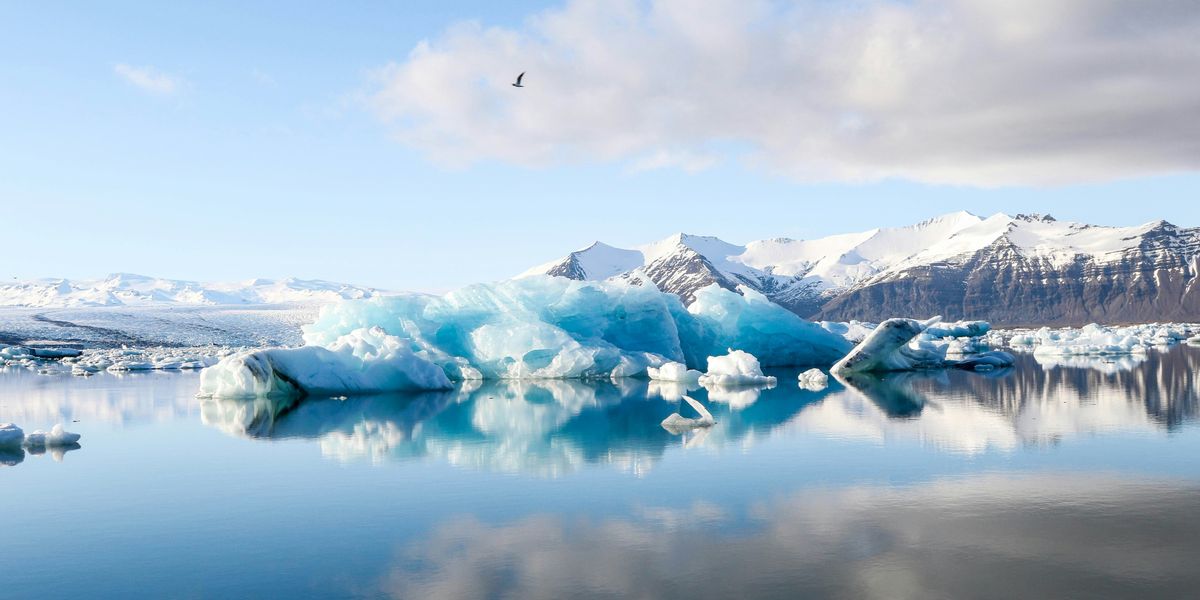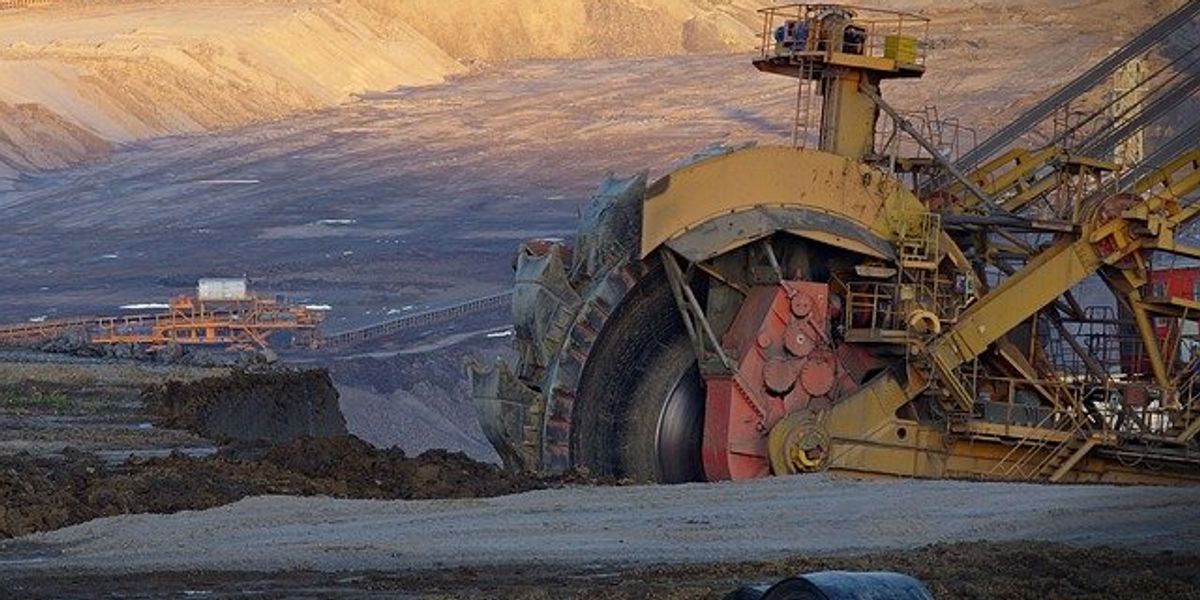
The Paris climate goals falter as fossil fuels thrive
A decade after the Paris Agreement, fossil fuel expansion and weak enforcement of climate goals have kept global warming on course to exceed 1.5 degrees Celsius, exposing the limits of current strategies.
Lylla Younes reports for Grist.
In short:
- The Paris Agreement’s goal to limit warming to 1.5°C lacked binding rules, enabling continued fossil fuel reliance.
- The ideology of “overshoot” suggests exceeding climate targets temporarily, relying on future technology to reverse damage, despite uncertainties.
- Fossil fuel projects persist due to economic reliance, with investments locking in decades of emissions and resistance to rapid renewable transitions.
Key quote:
“Overshoot is here not a fate passively acquiesced to. It is an actively championed programme for how to deal with the rush into catastrophe: let it continue for the time being, and then we shall sort things out.”
— Wim Carton and Andreas Malm, authors of Overshoot
Why this matters:
Rising global temperatures heighten risks like extreme weather, droughts, and food insecurity. Reliance on speculative technologies like carbon capture to fix overshoot delays meaningful action and risks making future mitigation efforts too late or insufficient.
Related:













